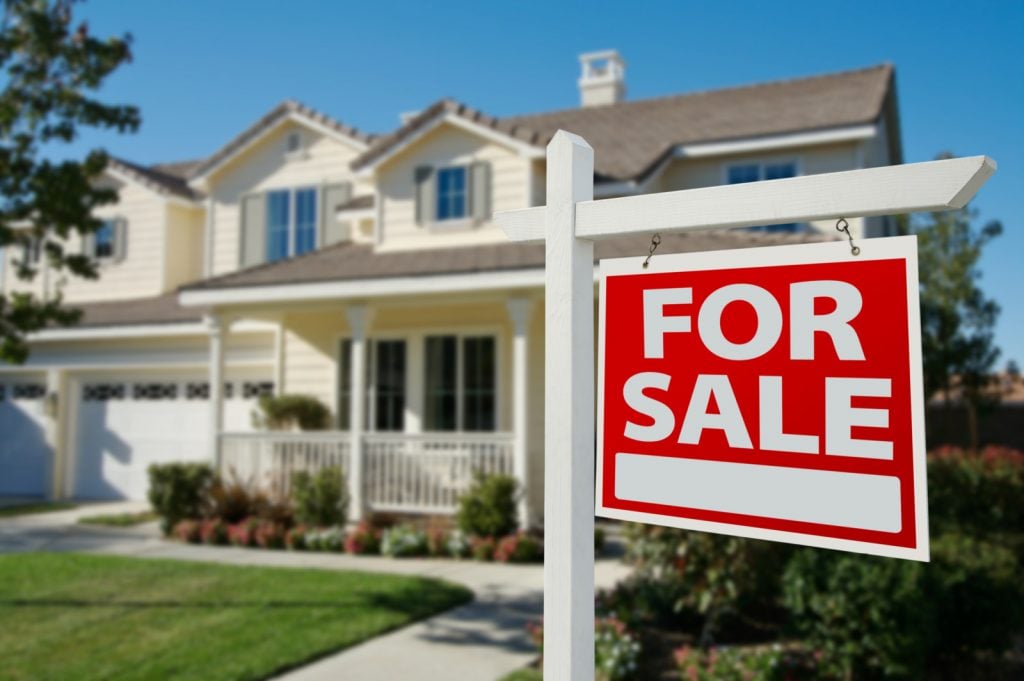Gaining the upper hand on COVID-19 is in sight even if it will be several months before we can look each other in the face - sans mask. No one knows what this will mean for the general residential real estate market but we can begin looking at the big elephants in the room. Namely, that the extended moratoriums on both evictions and foreclosures will come to an end; as well as the possibility that preferences in where people want to live has changed.

Soon, we will no longer be able to look the other way regarding delinquencies. There are many different federal, state, and local moratoriums out there but for the most part these will be ending as 2020 comes to an end. The good news is that the FHFA (conservator of Fannie Mae and Freddie Mac) reports a trend of fewer homeowners remaining in forbearance. The bad news is that as recently as August, 32% (almost 1/3) of households had missed rent or mortgage payments from previous months. The National Multifamily Housing Council (NMHC) reports that as of December 6, only 75% (1 in 4) of rents have been paid. That compares with 80% who had paid the rent by November 6, which means that rent delinquencies are going up as the moratoriums end.
There aren’t any conclusive numbers but somewhere between 1 in 3 and 1 in 4 households appear to be behind in payments. With almost no remedies to this problem in work, the assumption has to be that evictions and foreclosures will be the New Year greeting for many people.
Granted, some of these people were living on the edge before COVID but many were financially healthy at the beginning of 2020. There were certainly some among the renters that had savings towards down payments to become homeowners. Still, the inventory of houses for sale remains very tight. But there are questions. Has COVID created a pent-up inventory of sellers that could emerge with the hot spring season? If the existing high demand from qualified buyers can be fulfilled this spring, will there be a second surge of buyers (starting all over to save a down payment) coming later in 2021 or 2022? There are thoughts that some rent delinquencies could be funneling future down payments into saving accounts. But what problems will delinquencies and evictions on credit reports cause people needing to qualify for a mortgage or even rent another home? Many unusual questions exist going into the 2021 residential market.
All indications are that we will be social distancing outside through the winter and well into the spring. Will this make southern states more desirable to live in where the weather is much warmer all year? Will remote working become permanent to make this possible? Certainly, the lower purchase costs in the south compared to big northern cities will add to the appeal.
There are other changes pushing trends out of the cities to more open spaces. As much as 50% of bars and restaurants may never reopen. It could take years to regain the lost capacity, which probably means overcrowding in the bars and restaurants that do weather the pandemic. Even after being vaccinated, are people going to want to crowd into these places? People have also gotten used to making most purchases online. A spacious suburban or rural grocery store for fresh vegetables, fruit, and bulk items might be enough brick and mortar retail for many people going forward.
Already, for-sale listings across all five NYC boroughs are up 53% year-over-year. In Manhattan, the number of homes on the market for more than 100 days has doubled. In Brooklyn, the number is up 46%, and on Staten Island, it’s up 34%. Washington, D.C., Philadelphia, and other large cities might face similar trends as the pandemic winds down and the spring housing market heats up.
There is also the other side of the coin for people that resisted being homebound. As this is written, most of California is headed for another full lockdown against COVID-19. Even outdoor dining, playgrounds, campgrounds, and other outdoor recreation areas are closed. Will the propensity to shut everything down affect California migration patterns? Will a significant number of people instead choose other sunny southern states that are very reluctant to shut everything down?
How these and many other questions are answered could profoundly determine how Americans live in the post-pandemic normal.
What questions are you pondering as the end of the pandemic comes into sight? Please comment.
Our weekly Ask Brian column welcomes questions from readers of all experience levels with residential real estate. Please email your questions, inquiries, or article ideas to [email protected].